From Asianews, an evaluation by the head of the Turkish Bishops' Conference:
Mgr Franceschini: Turks are missing Pope
The president of the Turkey’s bishops’ conference told how after Ephesus, Benedict XVI “could at last be a religious leader through and through” and how he won people’s hearts. And there were evident signs of communion with the Orthodox Patriarch.Ankara (AsiaNews) – Thanks to his gestures in Turkey in last week’s visit, the Pope has managed to overcome the attitude of hostility that many awaited him with. This is what Mgr Ruggero Franceschini, president of Turkey’s bishops’ conference and the archbishop of Smyrna, told AsiaNews. The archbishop accompanied Benedict XVI from the very first steps of his journey in Turkish territory. Three days after the pope’s departure from Istanbul, he is still taking in the climate of joy and satisfaction. There are many signs, small and big, of a climate of relaxation and serenity. Mgr Franceschini said: “I am an optimist by nature but I am not one to be deluded. I looked in the eyes of people many times, and every time I found expressions of sympathy for the Pope. I cannot deny how tense the Holy Father himself was in Ankara, during the political diplomatic meetings; it was the spiritual immersion in Ephesus, especially as he took in the display of affection and goodwill by the people, which calmed him. At last, from being a political leader, a role that is not really his and that certainly embarrassed him even if it was undertaken very well, he could be a religious leader through and through. Immediately, as soon as the Eucharistic celebration at Mary’s house was over, he could exclaim joyfully: ‘Now I feel I can speak freely and that I can express all my faith in God, I do my part and he will do his.’” The archbishop continued: “I can truly say that I saw him abandon himself into the hands of God and that this voyage turned out to be a great success. The welcome from everyone was especially marvelous, starting from his descent from the Mountain of the Nightingale where Meryem Ana is situated. There were many people – obviously Muslim, including many veiled women – who rushed to the sides of the road so they could see and greet him. It was a popular manifestation that offered, in all simplicity, a humane welcome of reconciliation, and it enabled one to forget the other manifestation against the pope, the gathering in Istanbul on the Sunday before his arrival. Christians then took heart: this encouragement, this reawakening, was needed, especially by Christians in Smyrna, who do not have big problems to face as do Christians in other parts of Turkey. But they tend to rest on their laurels; faith is no longer the deepest dimension of their lives. They were roused by the Pope who reminded them of the example of Don Andrea who wanted to be a seed and who shed his blood in this land.” Mgr Franceschini continued: “Even the attitude of the civil authorities has been interesting: some – with evident political intent – sought to gain the support and sympathy of the Pope, even to the extent of affirming things that Benedict XVI had not said. But others allowed themselves to be led by their hearts, like the vice prime minister and various chief officials and mayors, who were infected by people’s enthusiasm. The mayor of Smyrna was exemplary, he affirmed that this was a great day for him, and some civil leaders who went to shake the Pope’s hand in Ephesus were hard pressed to keep back their tears of emotion. Religious authorities also showed respect and esteem. The religious affairs chief amazed people. After his hard words about the speech in Regensburg, he had the courage to say there was the need to work together for peace and dialogue, forgetting the past... But the Muftì of Istanbul was still warmer and more affectionate as he welcomed Benedict XVI in the Blue Mosque with such simplicity and sympathy. The shared prayer was the right ending for a meeting between wise people who are careful to pay mutual respect. It was no coincidence that they exchanged the same symbol: a dove, sign of peace.”
“The Orthodox, then, were affectionate in every way; they put everything at our disposal, and the Ecumenical Patriarchate turned out to be a welcoming and open environment where people from all the world merged together, including the Korean metropolitan with many of his faithful. They came from so far away precisely to underline their communion with Patriarch Bartholomew I and the Pope. I was amazed, finally, at the large crowd that gathered at the Armenian Patriarchate and there too, by the warm welcome shown by the stupendous Armenian choir.” The president of the Turkish episcopate said: “This was the most beautiful success of the visit: the Pope managed to win over the hearts of all. A comment by a television journalist Mihat Bereket was significant: “The unwanted Pope has become a Pope we will miss!” Mgr Ruggero added optimistically: “We cannot tell now what the fruits of this visit will be, but certainly this new esteem for Pope Ratzinger will serve to give birth to something positive and lasting.”
![[Unam Sanctam]](https://blogger.googleusercontent.com/img/b/R29vZ2xl/AVvXsEiymQ2adTjpZ1ABhPBbBBquiPCxeQrc4Jy_97vOikT0wGQeJleriiXQy6ebnb0jrYe-TfvcK77txStB4aIwVAdD41ZdMkVfNtFGC0JX6LBV9B8mfeRZaIAM7Sj-011ag3DiKQzv/s1600/headerdivinemercy.jpg)













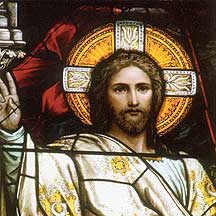







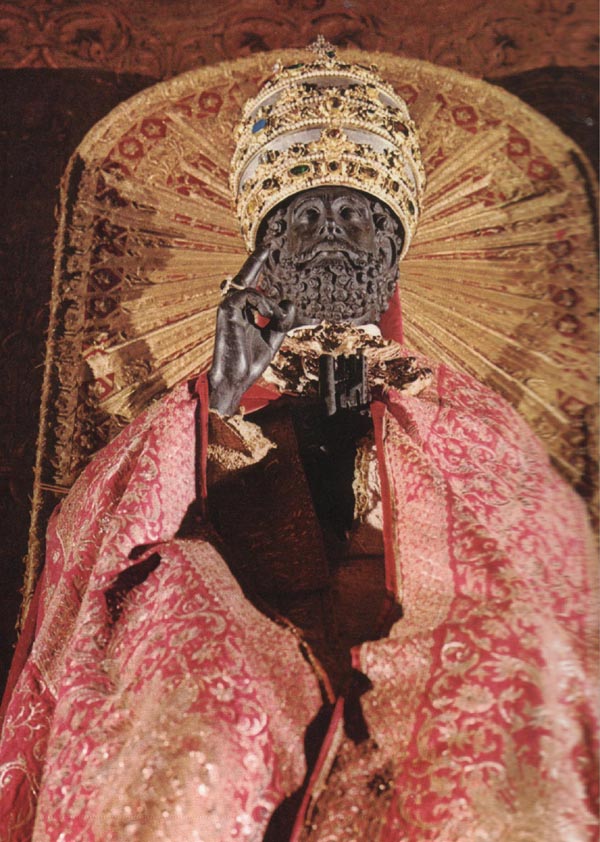
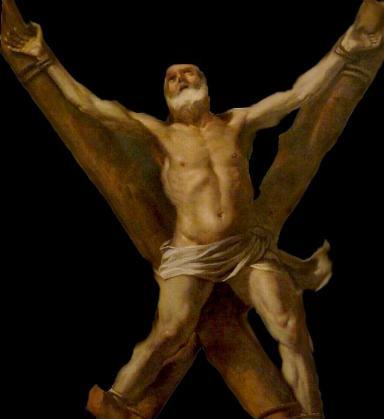




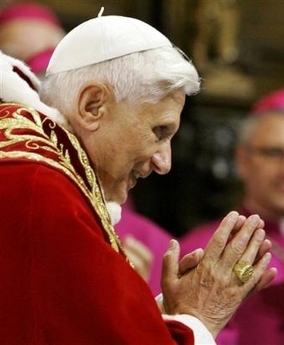






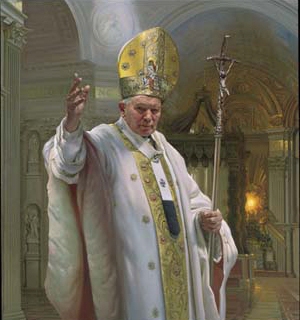
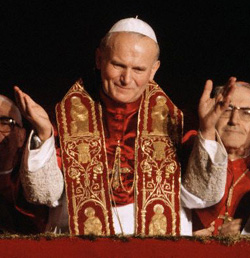
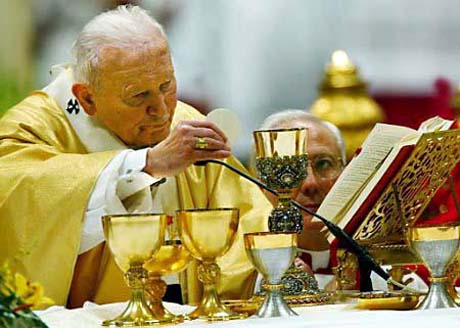







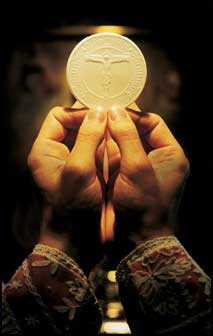
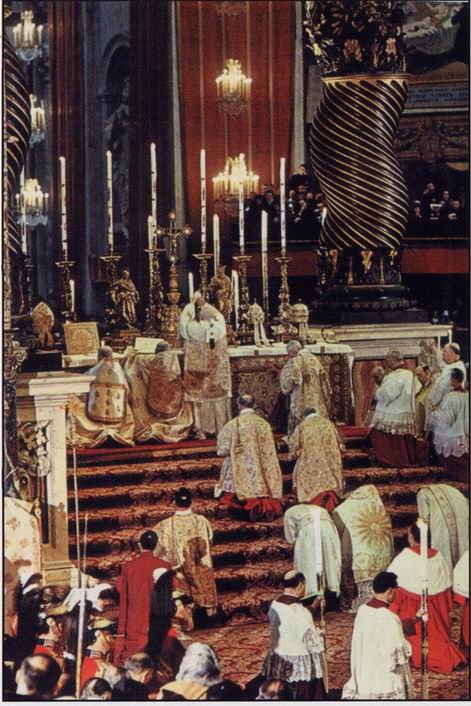

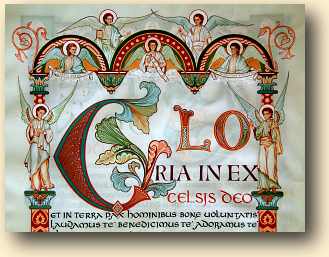

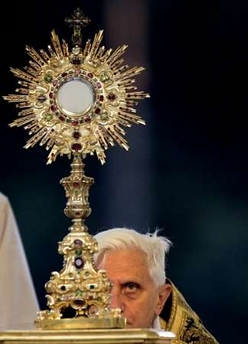


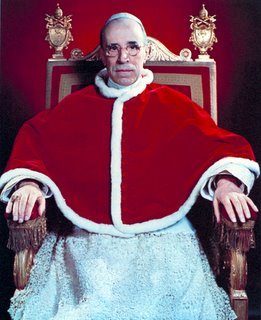




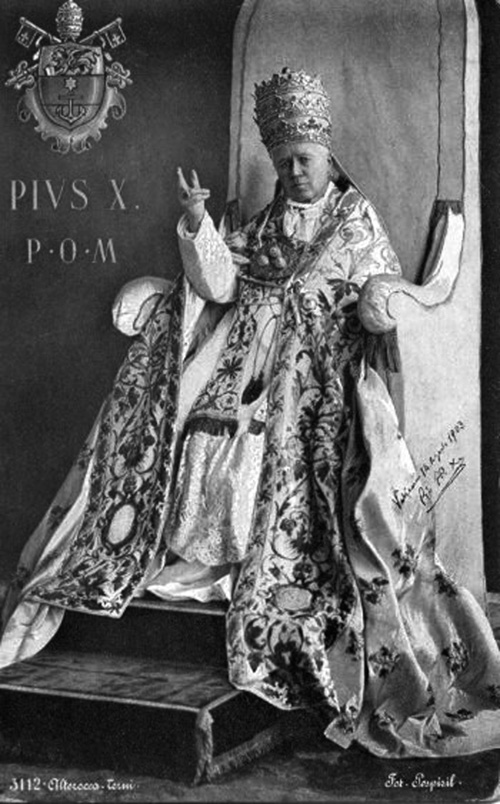



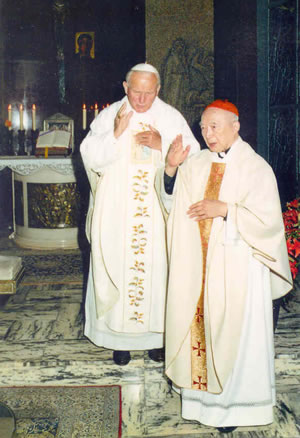






No comments:
Post a Comment